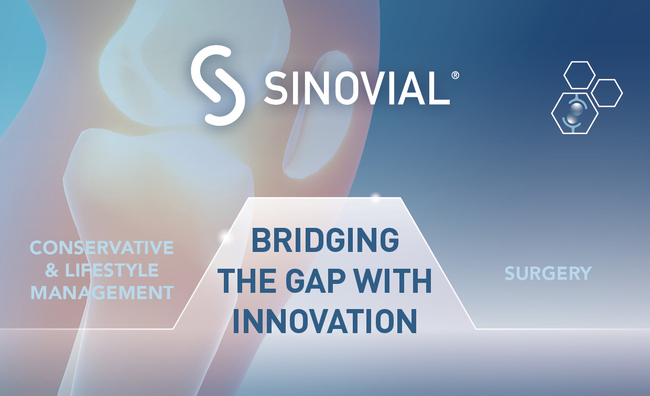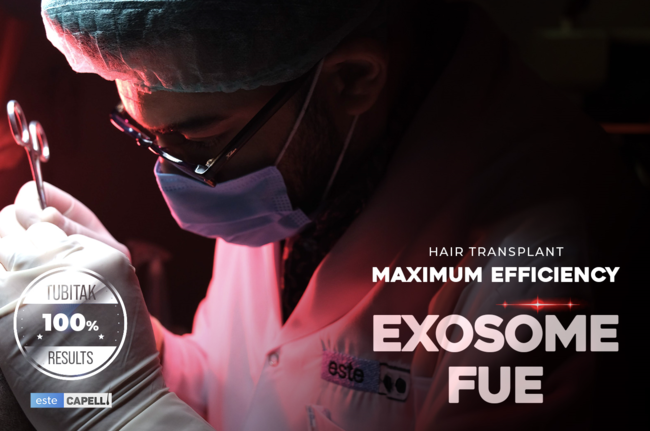Addiction is a complex disease that affects millions of Americans each year. Unlike what some may think, addiction extends far beyond substance abuse to include a variety of behavioral addictions. But there’s hope, and it doesn’t rely solely on willpower. Psychiatric doctors, specialists in the intricate workings of the mind, are your powerful allies in reclaiming control.
Understanding the various types of addictions and how psychiatric doctors approach treatment is key to overcoming these disorders.
This journey through the landscape of addiction isn’t just about identifying different types, from the gnawing hold of drugs to the adrenaline rush of gambling, but about understanding how a psychiatrist can be your guide to freedom. So, if you or someone you know is struggling, step into this exploration and discover the empowering role a psychiatric doctor can play in navigating the path to recovery.
Overview of Common Addiction Types
Understanding the various types of addiction is crucial, as it enables us to appreciate the complex nature of these disorders and develop effective strategies for prevention, intervention, and treatment. There are various types of addiction, ranging from alcohol and drugs to behavioral compulsions:
Alcohol addiction is one of the most prevalent substance use disorders, contributing significantly to the disease burden worldwide. It often starts innocuously in social situations but progresses to disrupt work, relationships, finances, and physical health. Treating alcoholism requires a multifaceted approach, including counseling, support groups, medication, and lifestyle changes to enable long-term recovery.
In this challenging work, it certainly helps to focus on the pros of being a doctor able to use one’s medical expertise to accurately diagnose alcohol use disorder, compassionately communicate with patients about risks, thoughtfully create treatment plans addressing root biopsychosocial causes, pharmacologically manage withdrawal symptoms, and walk with people on their path to sobriety.
Substance addictions – Common examples of these kinds of addiction include but are not limited to, alcohol addiction, opioid addiction, marijuana addiction, nicotine addiction, etc.
Behavioral Addictions:
- Gambling Addiction: The thrill of gambling can trigger the brain’s reward system, leading to compulsive betting despite financial and personal losses.
- Gaming Addiction: Excessive video game playing can interfere with daily life, causing social isolation, sleep disturbances, and academic or work neglect.
- Internet Addiction: Spending an unhealthy amount of time online, neglecting real-world interactions and responsibilities, can be indicative of internet addiction.
- Shopping Addiction: Compulsive shopping can lead to financial strain, relationship problems, and feelings of guilt or shame.
- Food Addiction: Unhealthy eating patterns or an inability to control food intake can be signs of food addiction, negatively impacting physical and mental health.
Prescription drug addiction – Misuse of medications like sedatives, stimulants, and opioids.
Dual diagnosis – Co-occurring addiction and mental health disorders.
Each type of addiction has unique characteristics and challenges that require specialized treatment approaches.
The Role of Psychiatric Doctors
Psychiatric doctors play an expansive role in comprehensive addiction treatment through:
Detoxification – Medically managing withdrawal symptoms, which can be severe and dangerous.
Medication management – Prescribing medications to control drug cravings, ease withdrawal symptoms, and prevent relapse. Common medications include methadone, buprenorphine, and naltrexone.
Individual psychotherapy – Helping patients understand their motivations, thought patterns, and behaviors related to their addiction. Building coping skills and self-esteem.
Group psychotherapy – Group therapy provides peer support and helps normalize experiences.
Family therapy – Addressing family dynamics that enable addictive behaviors and building a support system.
Co-occurring disorders – Managing accompanying psychiatric conditions like depression, trauma, and personality disorders.
By comprehensively integrating medication and various therapy modalities, psychiatric treatment is tailored to each patient’s needs for sustained recovery.
Understanding Dual Diagnosis
Many individuals struggling with addiction also have co-existing mental health conditions like depression, anxiety, trauma, or personality disorders. This concept, known as dual diagnosis, requires a nuanced approach that only psychiatric professionals can provide through:
- Coordinated treatment – Simultaneously addressing both disorders.
- Medication management – Prescribing drugs that consider interactions and side effects.
- Uncovering root causes – Using therapy to understand the origins of co-occurring disorders.
Personalized Psychiatric Treatment
Every patient is unique; thus, addiction treatment plans must be continually assessed and modified to meet evolving needs. Strategies may include:
- Inpatient/outpatient care – Level of care based on severity.
- Individual/group therapy – Formats to suit patient preferences.
- Alternative treatments – Yoga, art, equine, and music therapies.
- Community support – Peer groups, family education.
- Aftercare planning – Preventing relapse and providing ongoing care.
Psychiatrists personalize combinations of these services for comprehensive, integrated treatment.
The Journey of Recovery
Recovery is a lifelong process with ups and downs. It requires a commitment to treatment and lifestyle changes through various stages:
Withdrawal – Detoxification of substances under medical supervision.
Early abstinence – Coping with withdrawal symptoms and cravings.
Maintenance – Stabilizing condition with medications, therapy, and support.
Advanced recovery – Developing meaning and purpose without addiction.
Ongoing support from psychiatric doctors, therapists, and peer communities helps sustain motivation and prevent relapses during this challenging yet rewarding journey.
Relapse Prevention
Relapses are common and should not deter the recovery process. Psychiatric doctors help implement relapse prevention strategies like:
- Identifying triggers – People, places, and things causing cravings.
- Stress management – Coping skills to handle high-risk situations.
- Emergency planning – How to interrupt lapses and avoid full-blown relapses.
- Medication compliance – Adhering to prescribed treatment regimens.
With compassion and expertise, psychiatric doctors empower those struggling with addiction to take back control of their lives. If you or a loved one need help battling addiction, consult a psychiatrist to begin mapping out your unique path to recovery.
Frequently Asked Questions
Can psychiatric treatment help all types of addiction?
Yes, psychiatric doctors are trained to treat all types of addiction through medications and therapy tailored to each patient’s specific needs.
What is the psychiatric approach to dual diagnosis treatment?
Psychiatrists simultaneously treat both addiction and mental health disorders using coordinated medications and therapy personalized to the individual.
What are the key elements of a recovery plan from a psychiatrist?
A comprehensive psychiatric recovery plan assesses the patient’s needs to integrate detox, inpatient/outpatient care, individual/group therapy, medications, alternative treatments, community support, and aftercare planning.
Conclusion
The process of healing and scaling through the journey through addiction can be arduous, but it’s never a solitary path. As we’ve dwelled on the diverse landscape of dependence, from the clutches of substances to the grip of compulsive behaviors, it’s become clear that hope flickers even in the darkest corners. And in that flicker lies the invaluable role of the psychiatric doctor as a guide for individuals out of the storm and towards the shores of recovery.







